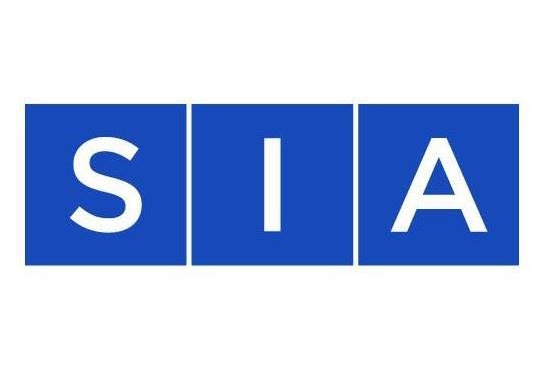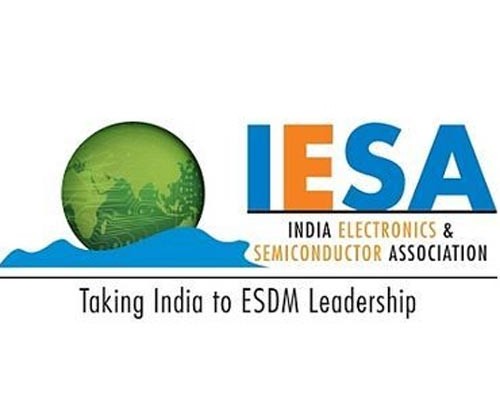The Semiconductor Industry Association (SIA) and the India Electronics and Semiconductor Association (IESA) today welcomed the release of a report evaluating India’s existing semiconductor ecosystem and policy frameworks and offering recommendations to facilitate longer-term strategic development of complementary semiconductor ecosystems in the U.S. and India. The report, titled “Assessing India’s Readiness to Assume a Greater Role in Global Semiconductor Value Chains,” was authored by the Information Technology and Innovation Foundation (ITIF). It was commissioned by SIA and IESA through the U.S.-India Initiative on Critical and Emerging Technology (iCET) to inform government efforts to deepen commercial ties in this strategic sector.
“This is an exciting moment in history for the semiconductor industry and for strategic cooperation between the U.S. and India,” said John Neuffer, SIA president and CEO. “India is already an important link in the global semiconductor supply chain and has the opportunity to expand its role in our sector. While global competition for semiconductor investment is fierce, India’s value proposition is strong, and I’m confident it can grow even stronger with the right mix of government policies.”
Ashok Chandak, president of IESA, stated, “Given its rapidly expanding domestic market, a well-developed design ecosystem, supportive government policies, and concerted industry collaboration to tap global markets, the present juncture presents a unique opportunity for the establishment of semiconductor manufacturing in India. The report underscores India’s tremendous progress towards becoming a prime destination for electronics and semiconductor manufacturing, capitalizing on its robust semiconductor design ecosystem.”
The ITIF report concludes India’s value proposition as an investment destination for high-tech industries is promising and identifies opportunities in India to further improve its policy, regulatory, and business environment to better compete for investment from semiconductor companies seeking to diversify their supply chains. In particular, it recommends exploring further work in the following areas to strengthen India’s semiconductor competitiveness:
- Advance U.S.-India cooperation on semiconductors through a partnership under the CHIPS for America International Technology Security and Innovation Fund (ITSI);
- Create a pilot visa program to facilitate the circulation of skilled workers between the U.S. and India, as a potential deliverable of the iCET;
- Advance policy reforms to lower the cost of doing business for semiconductor companies in India, including offering tax breaks to chip companies, reducing customs administration burdens, and expediting clearance times for goods entering the country;
- Establish cross-sector partnerships with higher-education institutions to grow India’s semiconductor-ready workforce; and
- Facilitate robust and ongoing consultation with semiconductor industry stakeholders.
An event launching the report will take place on Feb. 22 at 9 a.m. EST at ITIF (700 K St NW, Suite 600 Washington DC, 20001). Learn more about the report and event at https://itif.org/events/2024/02/22/assessing-indias-readiness-to-compete-in-global-semiconductor-value-chains/.








